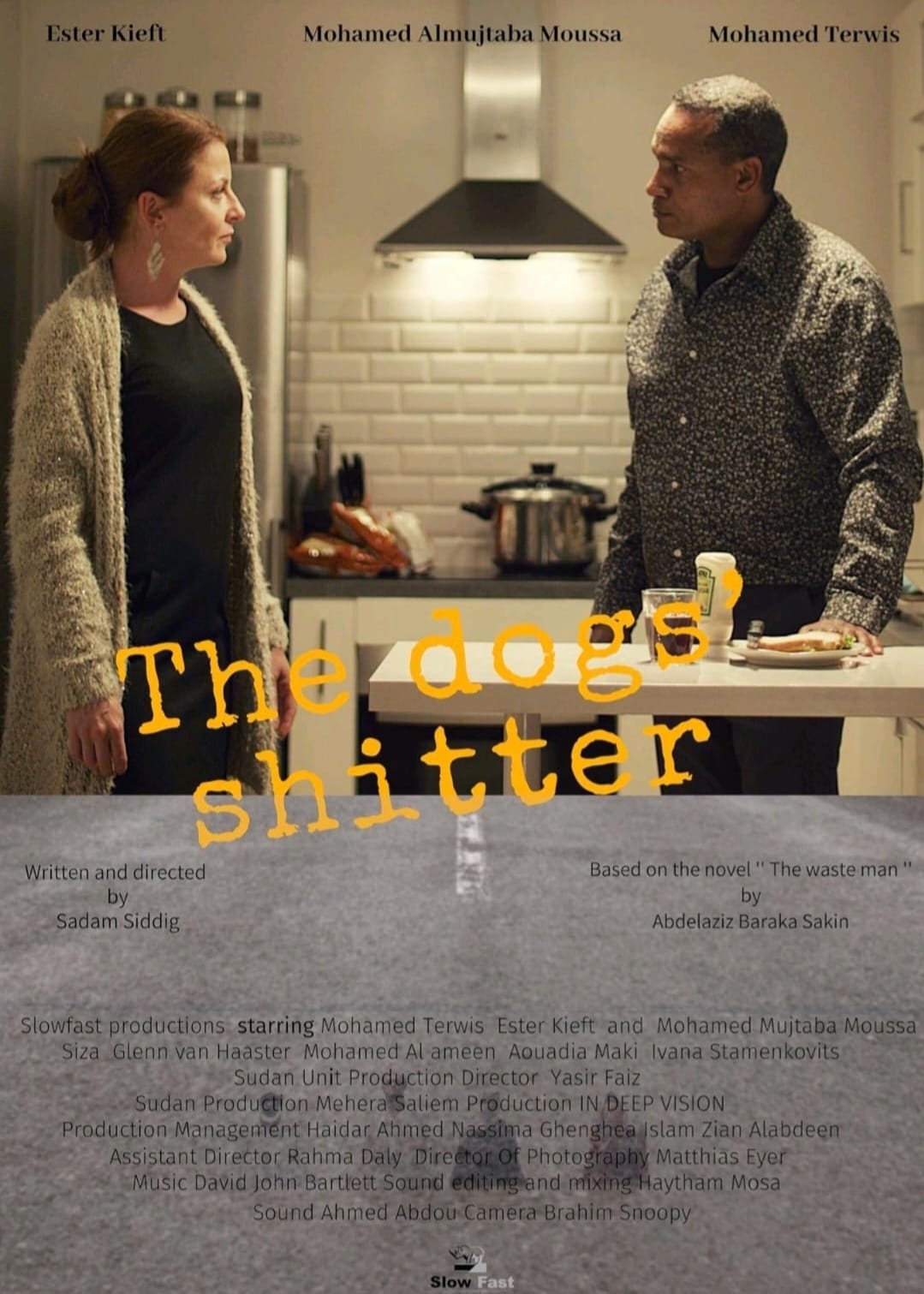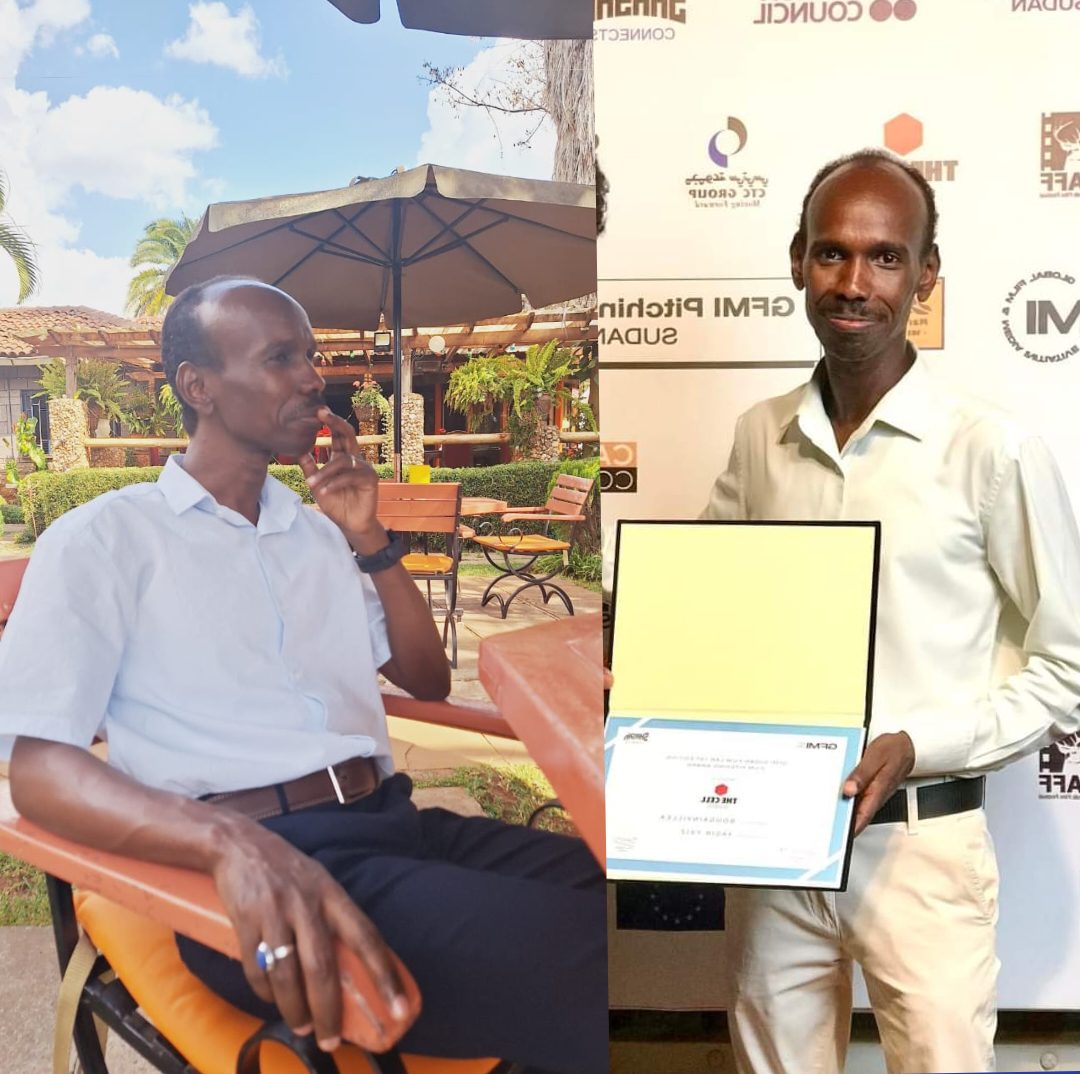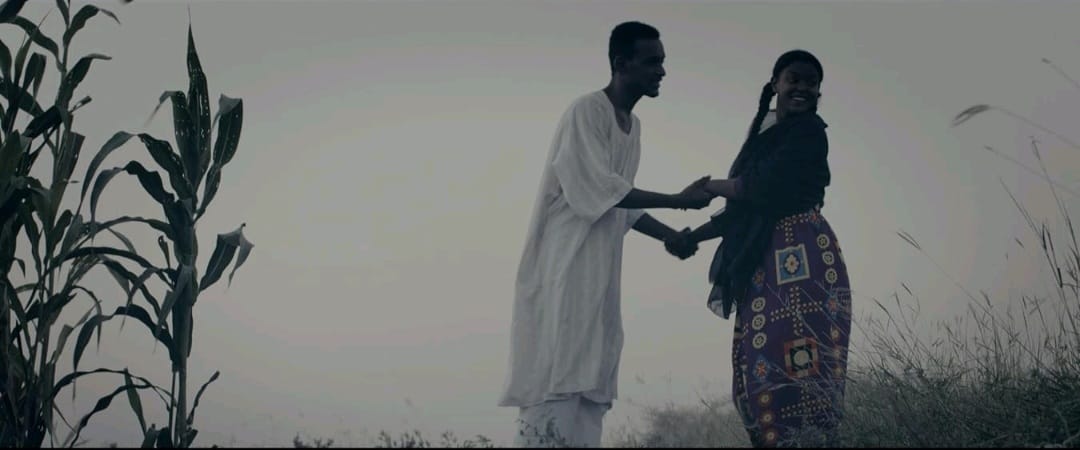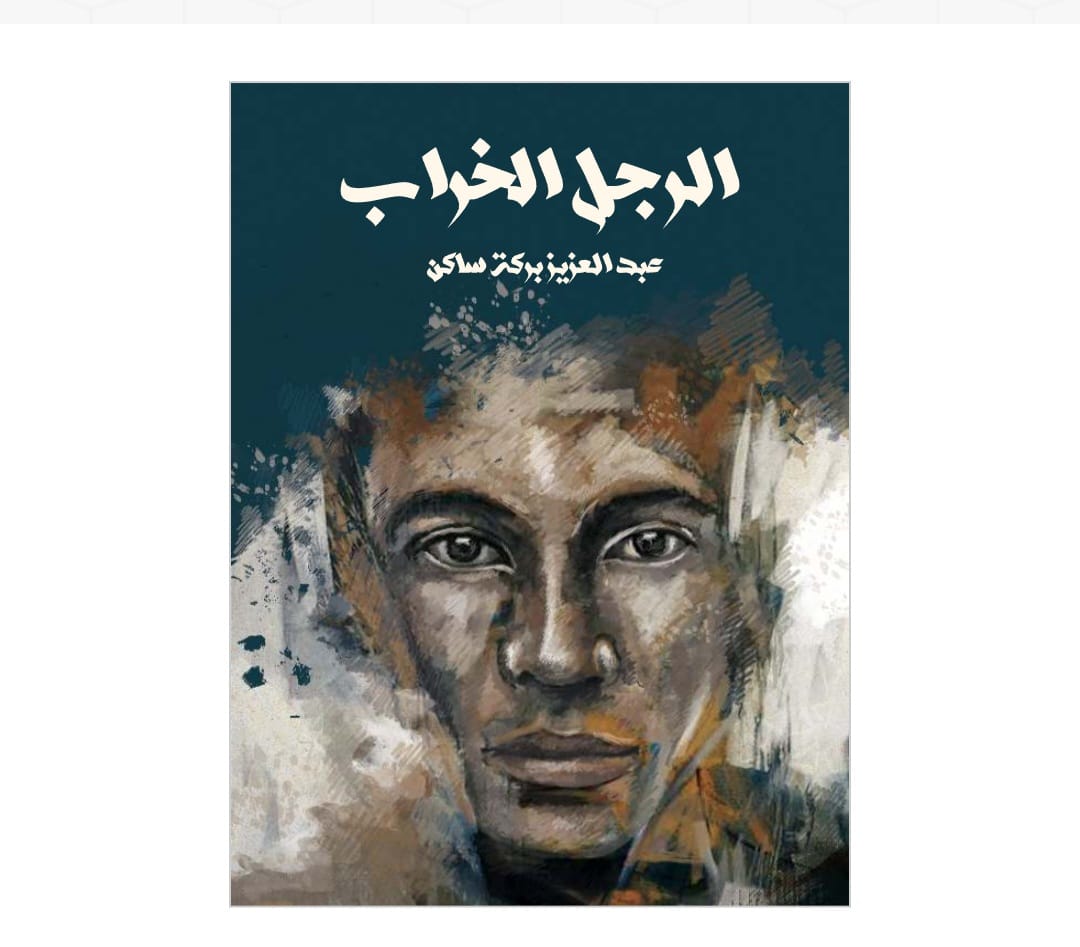Koert Lindijer has been a correspondent in Africa for the Dutch newspaper NRC since 1983. He is the author of four books on African affairs.

Pain filled a theatre in the Kenyan capital Nairobi, where three Sudanese directors in exile were showing their films earlier last month. Tears were rolling. Everyone was in the grip of the suffering caused by the war in Sudan, which has been raging since April. “We are losing our country,” says director Yasir Fai’z (39). “We artists must now leave a creative testimony of what it was like before the destruction. Then we will have to reinvent ourselves and Sudan.”
The expectations of cultural makers in Sudan were too high when after thirty years the fundamentalist Islamic government of Omar al-Bashir came to an end in 2019. Peaceful demonstrations, murals, progressive radio stations, new art studios and poets writing poetry on the streets gave a sense of cultural revival. But conservative Muslims and greedy generals hit back with coups. During the war that is now raging, five million people have already been displaced. Filmmaker Yasir Fai’z is one of the many who fled to Kenya.

Illusion and disillusionment are the main themes in Yasir’s work. “After the 2019 popular uprising against Omar al-Bashir, we were euphoric, because we thought we had finally won against the Islamic fundamentalists,” says Yasir. “It ended in disillusionment because we had not tackled the real problems of Sudan. The main problem is not the politics of power-hungry generals, but the inherent conservatism of the Sudanese.”
Yasir is self-taught as a director. He grew up in Iraq, where his father had fled during the early years of Bashir’s rule. His father gave him a camera and he started making films. After the American invasion of Iraq, Yasir returned to Sudan until war broke out this year.
His short film The Dogs’ Shitter, released in the year of the popular uprising, is about conservatism – a film that is set in the Netherlands. The storyline is loosely based on a novel by the Sudanese author Abdelaziz Baraka Sakin. In the film a Sudanese man who has emigrated to the Netherlands adapts to his new cultural environment, accepts work as a dog walker and drinks a glass of wine with his liberal Dutch wife. But on their daughter’s eighteenth birthday, the underlying cultural tension explodes, because he refuses to let her leave the house before she gets married. A battle between Sudan’s misty past and the turbulent present, which ends in murder.

Brainwashed
The film could not be shown under the rule of al-Bashir. “Just referring to sex was bad, such as the film’s romantic depiction of two young lovers wandering around in a wheat field.” During al-Bashir’s time, authorities cut down the trees near the university because they thought young people could have sex there. Girls and boys each entered the university campus through a separate entrance. “We have been brainwashed for thirty years under al-Bashir. We are in ruins, just like the Sudanese in the film who collapses under the cultural tension.”
Under al-Bashir, the ideology of the fundamentalists reached deep into all the fibers of society, education; how to dress, in the school curriculum. Ideology replaced science; lessons and lectures on history and evolution contained nothing but lies. Well-educated and artistic citizens emigrated in droves. The National Theater in Omdurman closed, as did the film academy. The creative sector was bleeding to death; the few makers left behind were cut off from international music, culture, films and sports due to the international sanctions. “We became an orphaned society,” laments Yasir.
“Unfortunately, the vision of a general does not extend beyond his tank,” Yasir jokes about Sudanese Sovereignty Council President al-Burhan. He also expects a revival of conservatism due to the crisis. “Especially now you cannot let go of your family and the conservative values that come with it. Because only family members still do take care of each other in these difficult times.” Yasir had to leave his equipment behind in the Sudanese capital Khartoum. “I’m now looking forward to what the new iPhone has to offer,” he says, “at least then I can keep filming.”

This artile was first published in NRC on 26-9-2023

